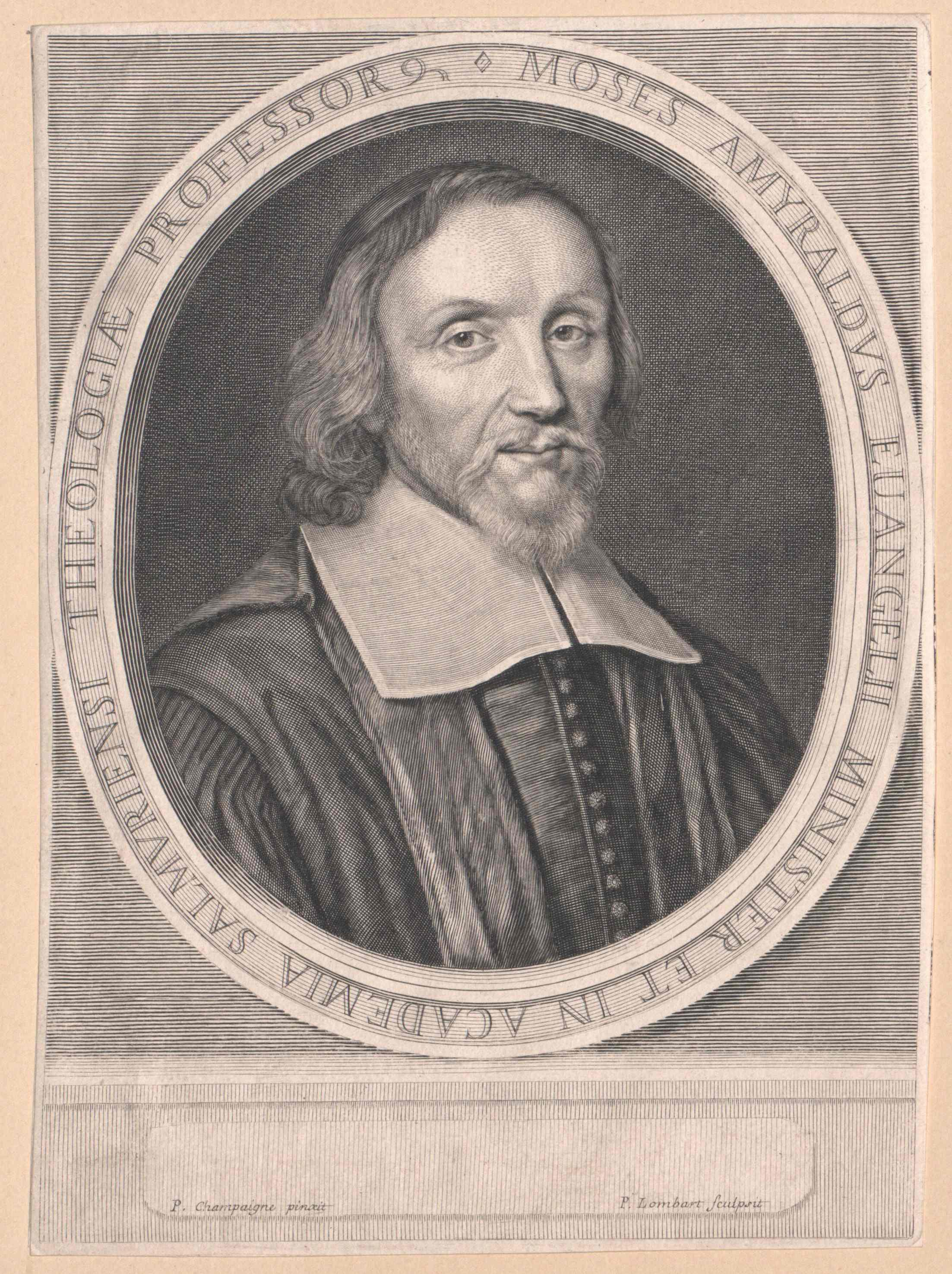|
Amyraldian
Amyraldism (sometimes Amyraldianism) is a Calvinist doctrine. It is also known as the School of Saumur, post redemptionism, moderate Calvinism, or hypothetical universalism. It is one of several hypothetical universalist systems. Amyraldism is the belief that God decreed Christ's atonement, prior to his decree of election, for all alike if they believe, but he then elected those whom he will bring to faith in Christ, seeing that none would believe on their own, and thereby preserving the Calvinist doctrine of unconditional election. The efficacy of the atonement remains limited to those who believe. This doctrine is named after its formulator, Moses Amyraut, and is still viewed as a variety of Calvinism in that it maintains the particularity of sovereign grace in the application of the atonement. However, detractors such as B. B. Warfield have termed it "an inconsistent and therefore unstable form of Calvinism". Amyraut additionally proposed an alternative view to covenant theol ... [...More Info...] [...Related Items...] OR: [Wikipedia] [Google] [Baidu] |
Hypothetical Universalist
Hypothetical universalism is the belief that Christ died in some sense for every person, but his death effected salvation only for those who were predestined for salvation. In the history of Reformed theology, there have been several examples of hypothetical universalist systems, all of which are considered errant by traditional Calvinism. Amyraldism is one of these, but hypothetical universalism as a whole is sometimes erroneously equated with it. Hypothetical universalism is believed to be outside the bounds of the Reformed tradition. For example, Canon VI states History English hypothetical universalism was advanced by John Preston, John Davenant, and James Ussher. This scheme teaches that God ineffectually decrees that all men be saved by deeming an intent for the atonement for all men, but because God knows that some men will not have faith he makes an effectual decree to save those whom he predestines to salvation. The primary thought in hypothetical universalism is that C ... [...More Info...] [...Related Items...] OR: [Wikipedia] [Google] [Baidu] |
